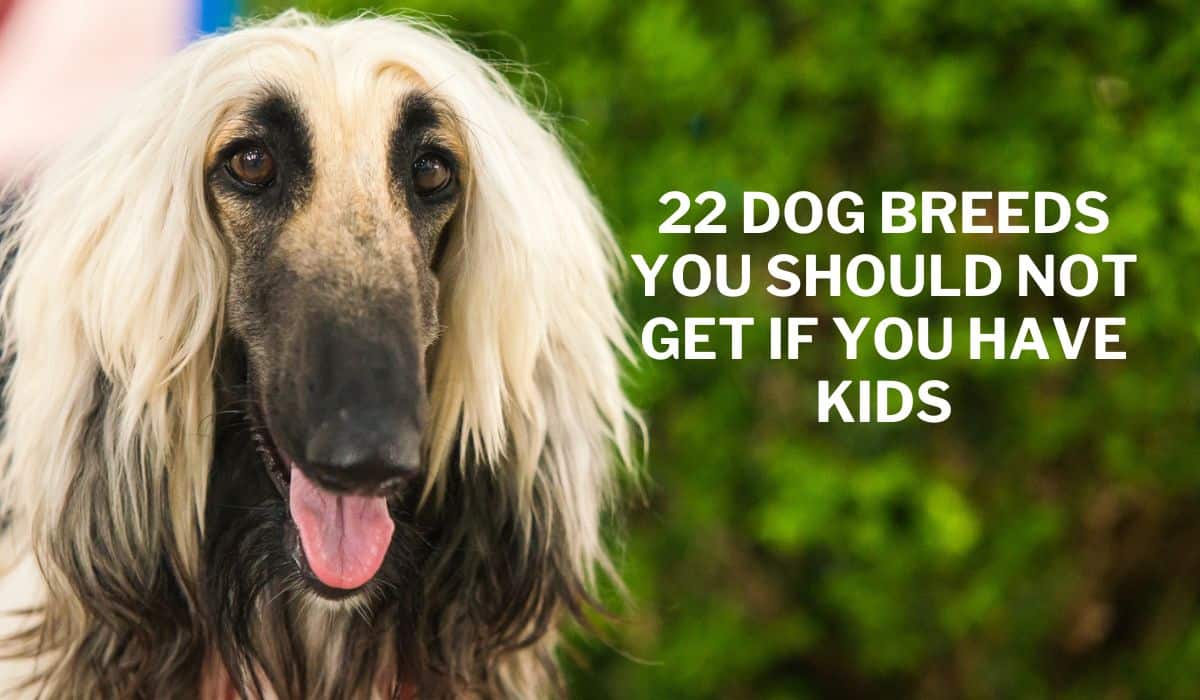Before you extend your family by means of a furry companion it’s super important to do your research to make sure it’s a good fit. Although personality varies greatly between individual dogs, here are some dog breeds that you should generally NOT get if you also have kids in the house.
#1 Chow Chow
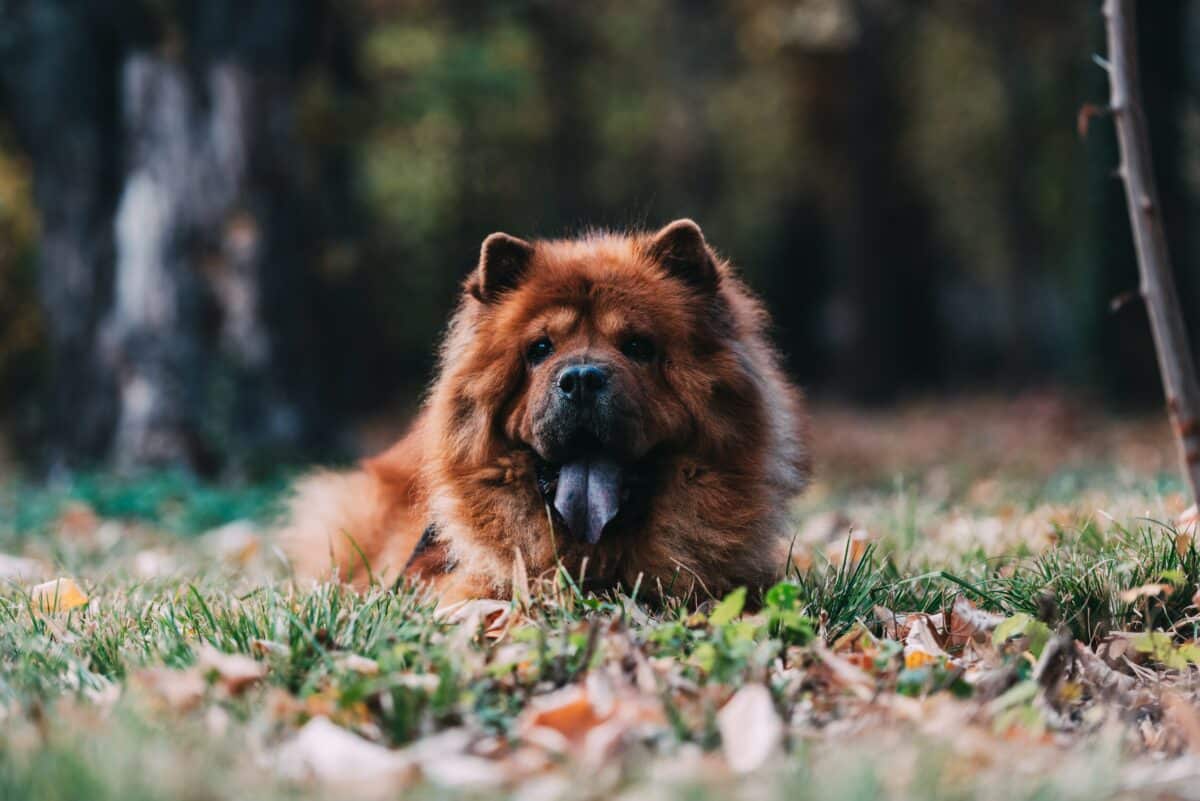
Independent and aloof, Chow Chows bond closely with one person and can be indifferent to others, including children. Their need for space and quiet, combined with a tendency for dominance, makes them less suited to the unpredictable nature of family life with kids.
#2 Akita
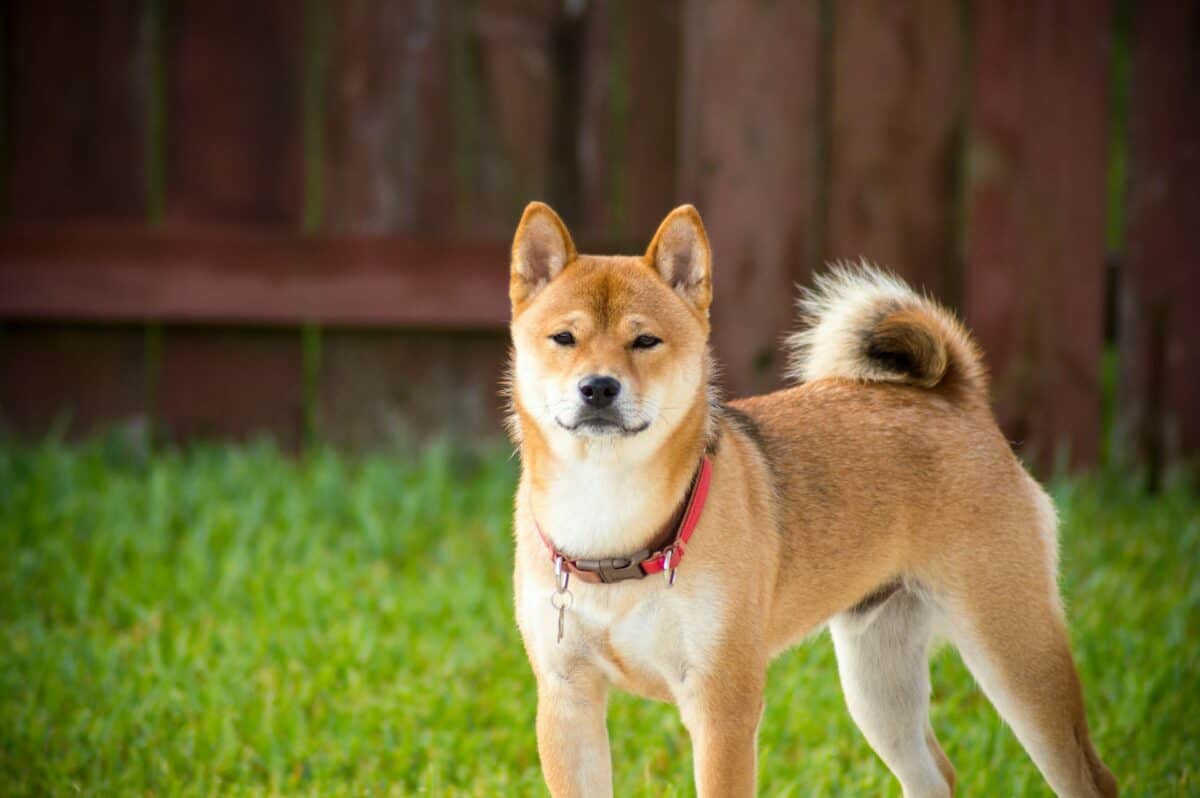
Akitas are fiercely loyal to their families but possessive and potentially aggressive toward strangers and other animals. Their strong protective instinct requires experienced handling to ensure safety around children, making them challenging for less experienced families.
#3 Alaskan Malamute
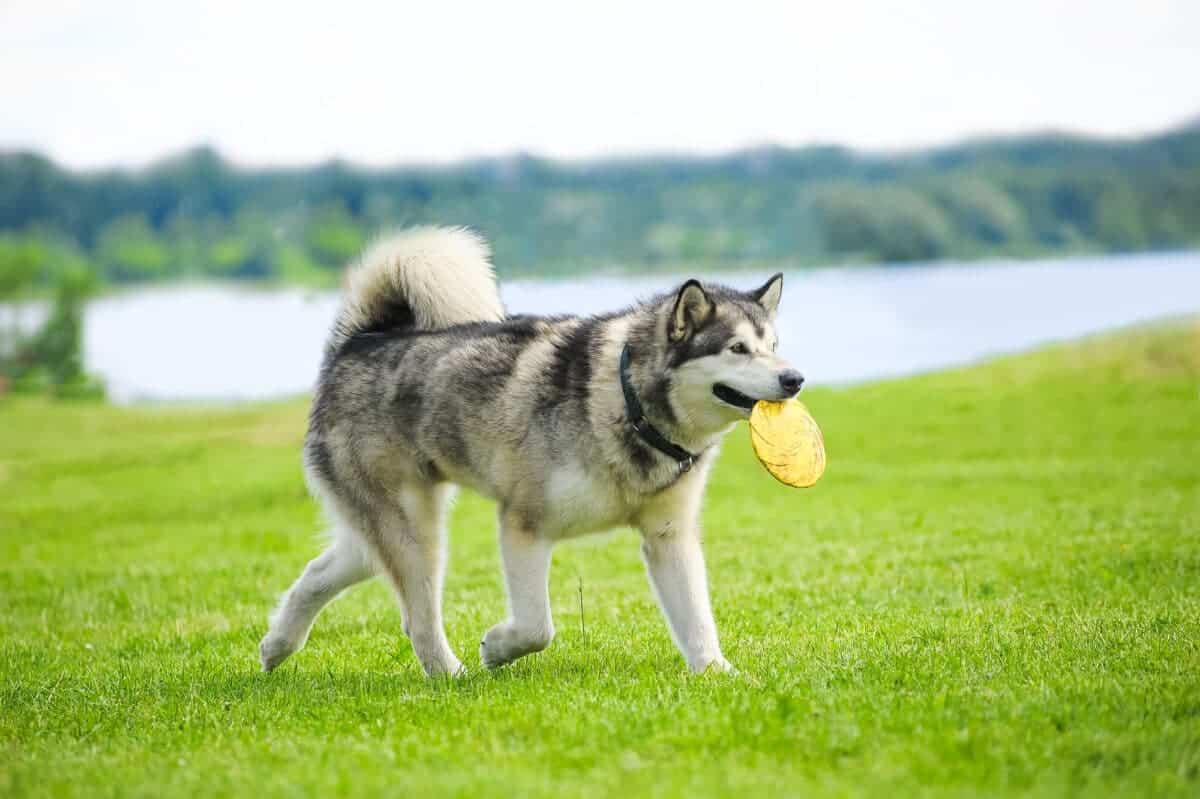
With their high energy and strength, Malamutes can unintentionally overwhelm or injure small children. They possess a strong prey drive and require significant exercise and stimulation, demanding more time and energy than many families can provide.
#4 Siberian Husky
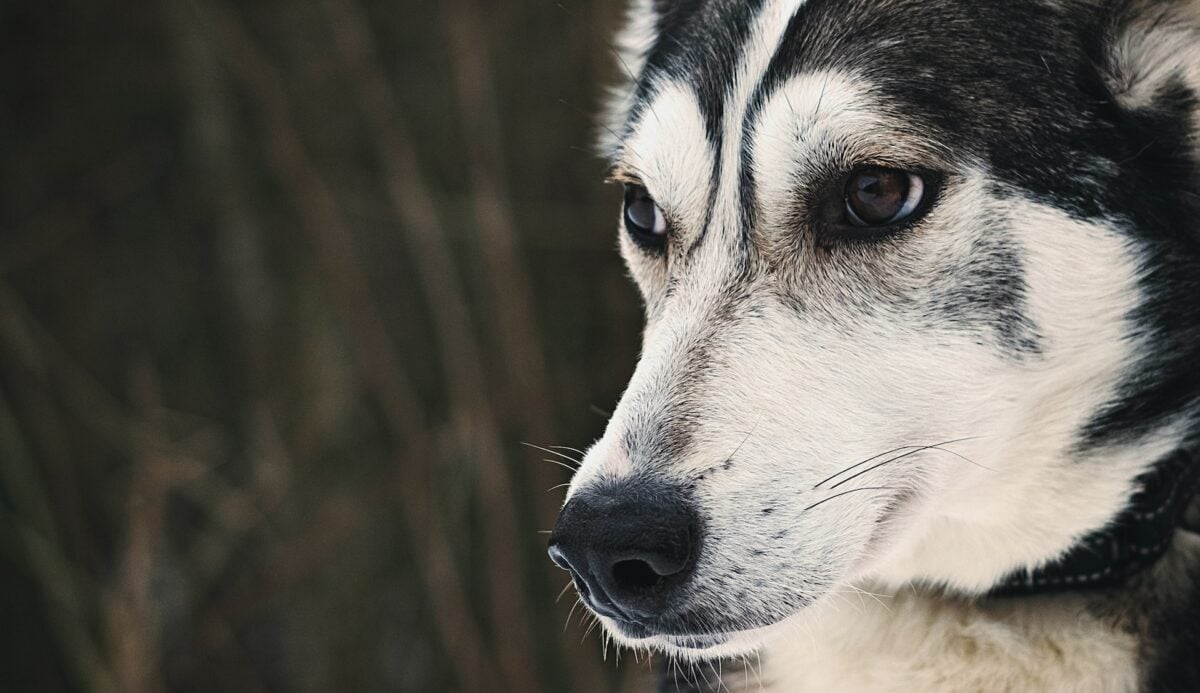
Siberian Huskies are energetic and playful but require extensive exercise and mental stimulation. Their independent nature makes them challenging to train, and their high prey drive can be risky around small children and pets.
#5 Rottweiler
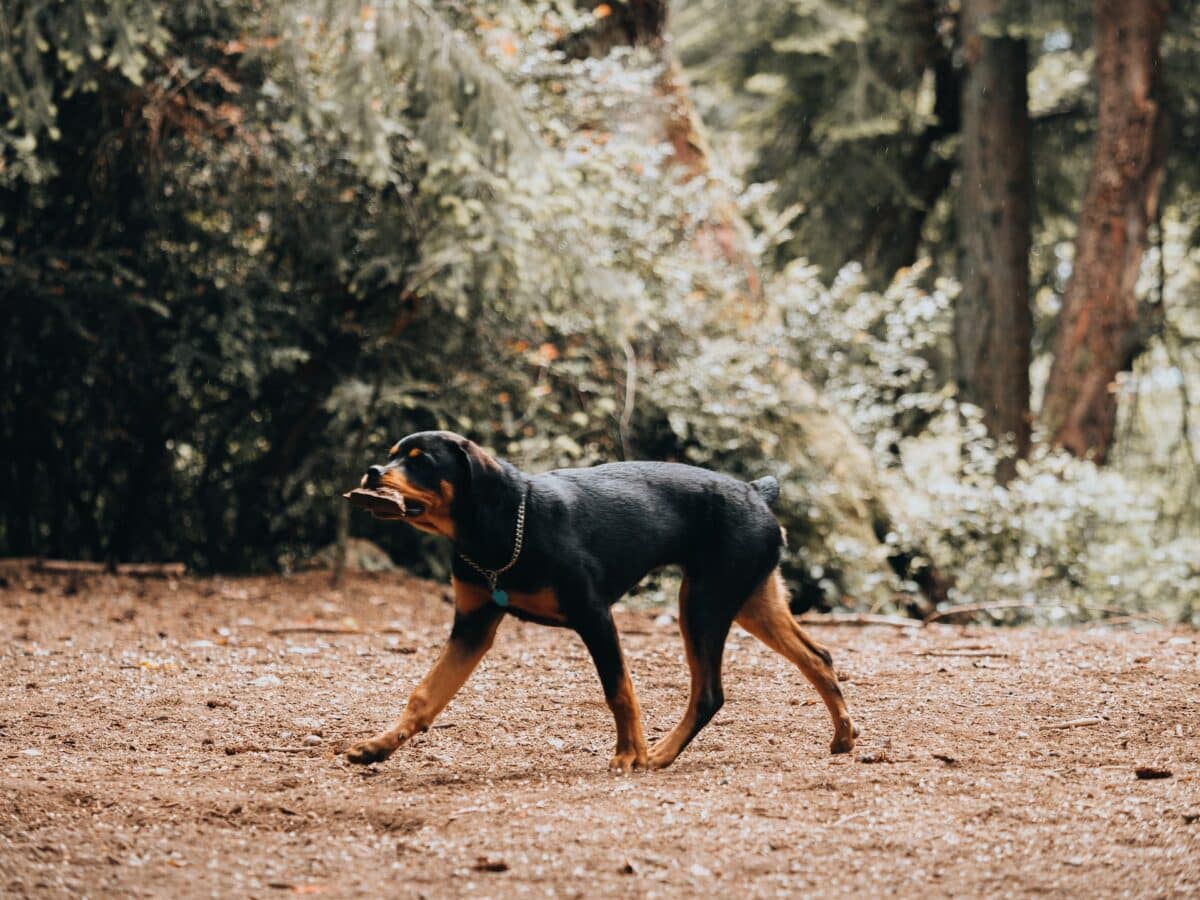
Rottweilers are powerful and protective, potentially dangerous without proper training and socialization. Their size and strength can be too much for children to handle safely, requiring a cautious approach in family environments.
#6 Doberman Pinscher
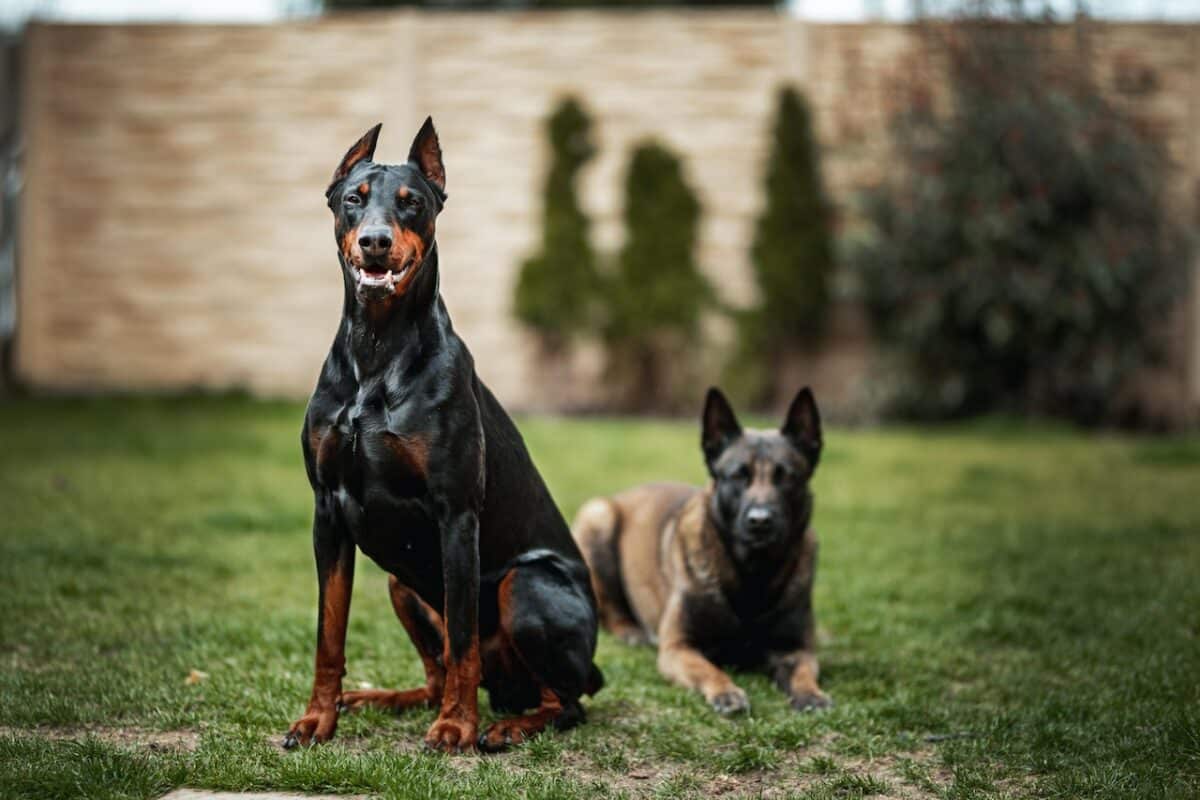
Dobermans are alert and loyal but need consistent training to manage their protective instincts. Their high energy and strength, coupled with a requirement for mental stimulation, make them a demanding pet for families with kids.
#7 Dalmatian
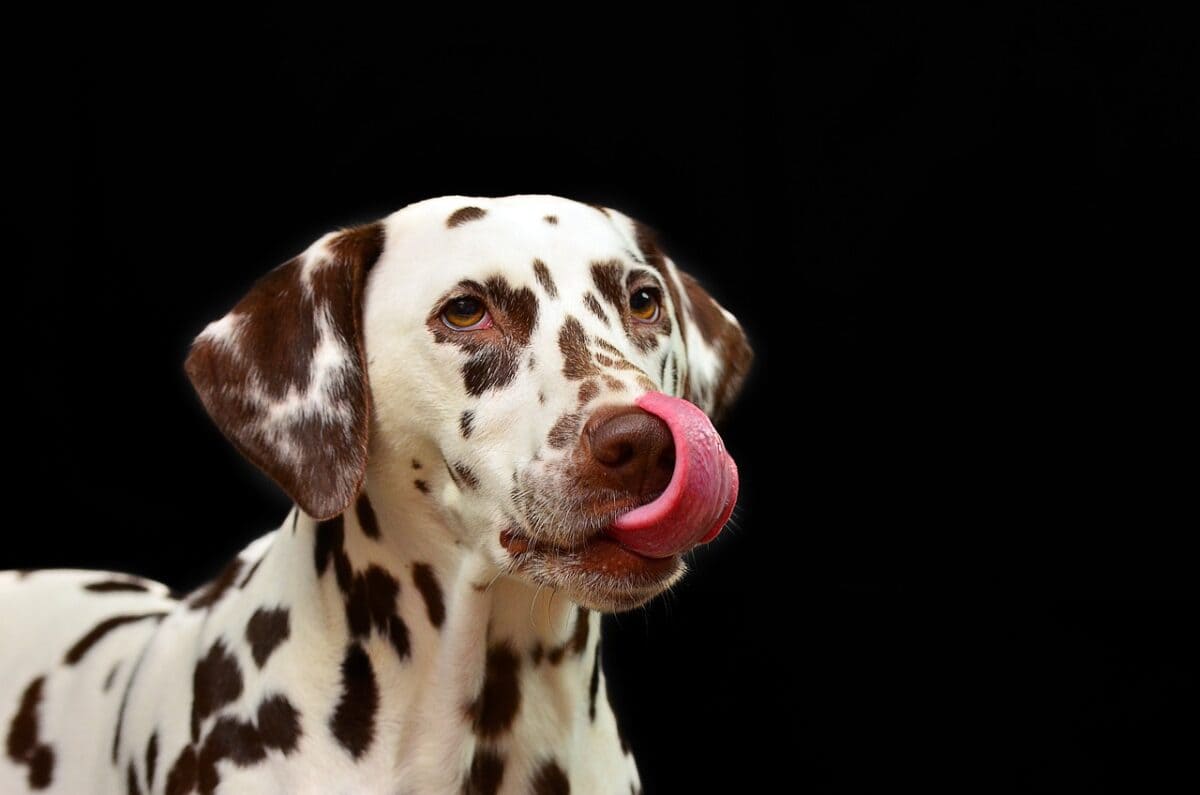
Dalmatians are high-energy and need extensive exercise, which can be challenging for families. Their hunting instinct and potential for standoffish behavior towards strangers make them less ideal for homes with young children.
#8 Weimaraner
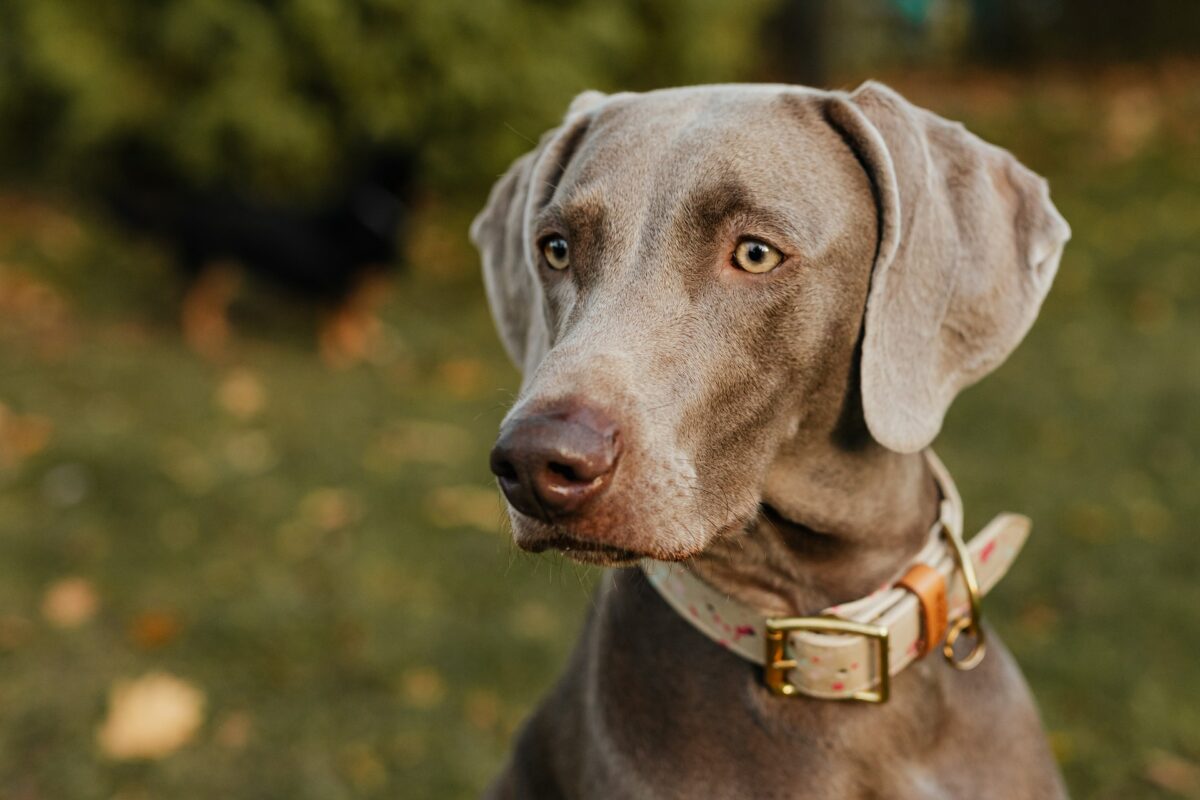
Known as “Velcro dogs” for their need to be close to their owners, Weimaraners can become anxious or depressed if left alone. Their high energy and strength may overwhelm small children, making them a better fit for older families.
#9 Australian Cattle Dog
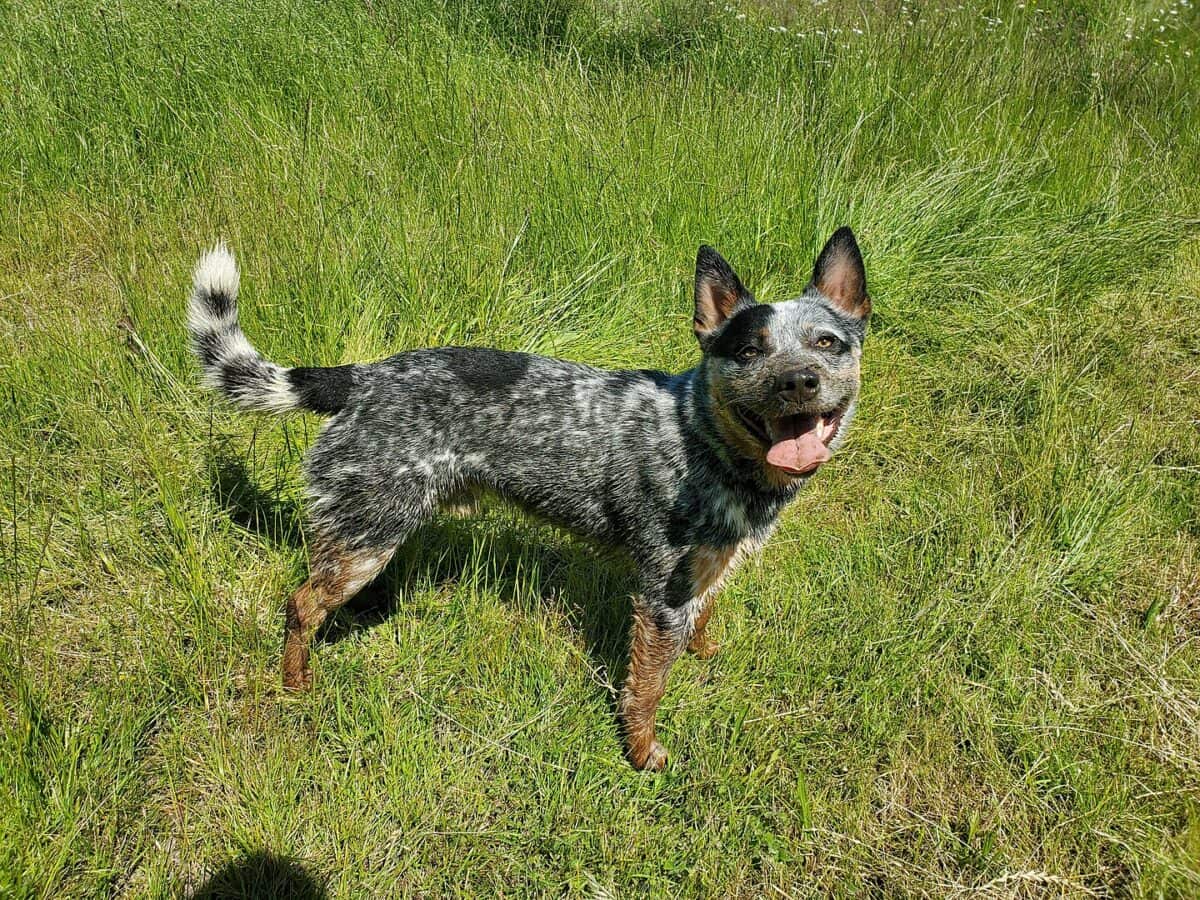
These dogs are intelligent and active, with a natural herding instinct that may lead to nipping at children. They require a lot of mental and physical exercise, making them challenging for busy families to manage.
#10 Greyhound
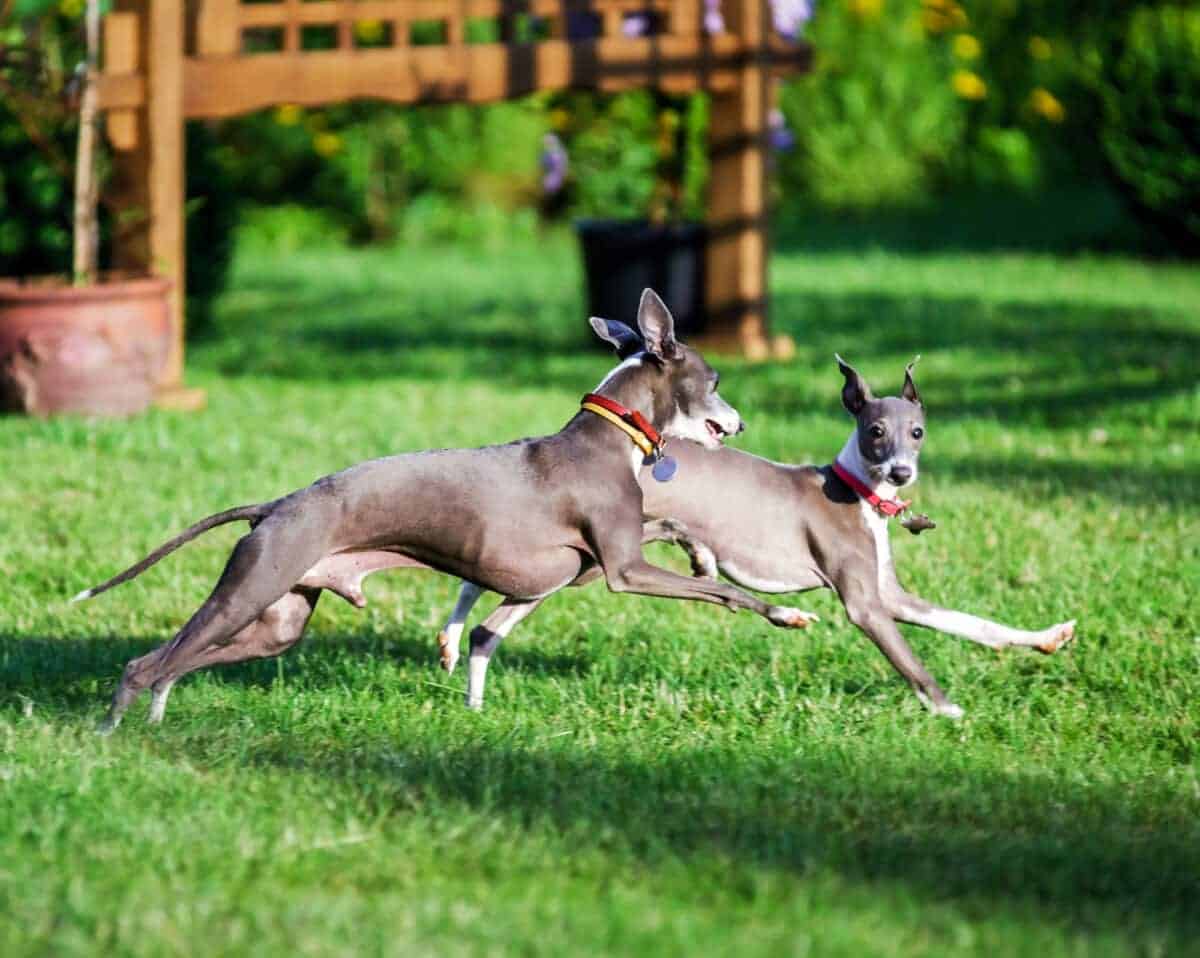
Greyhounds are gentle but have a strong prey drive that can be triggered by running children. Their speed and sensitivity require careful handling and a safe environment to run, which may not suit all family settings.
#11 Afghan Hound
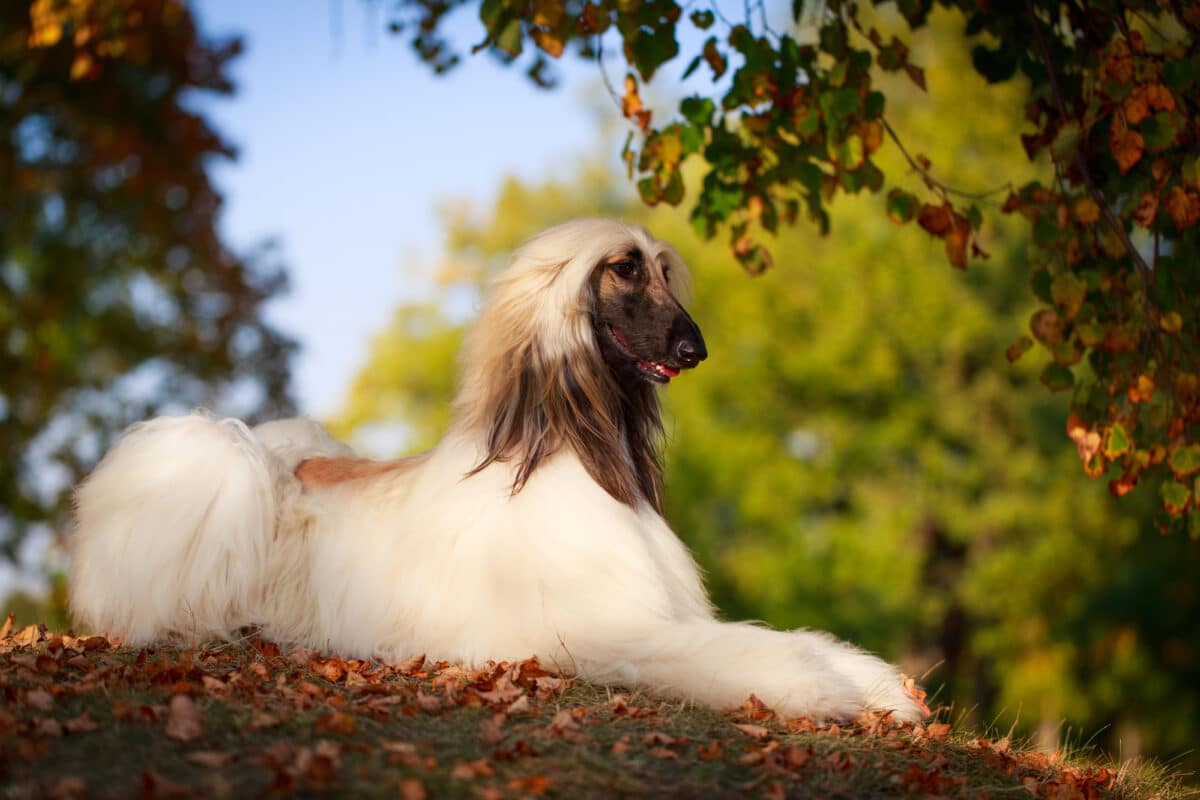
Afghan Hounds are independent and may not engage well with children. They require extensive grooming and may not tolerate the loud and bustling environment of a family home, preferring a calmer setting.
#12 Shar Pei
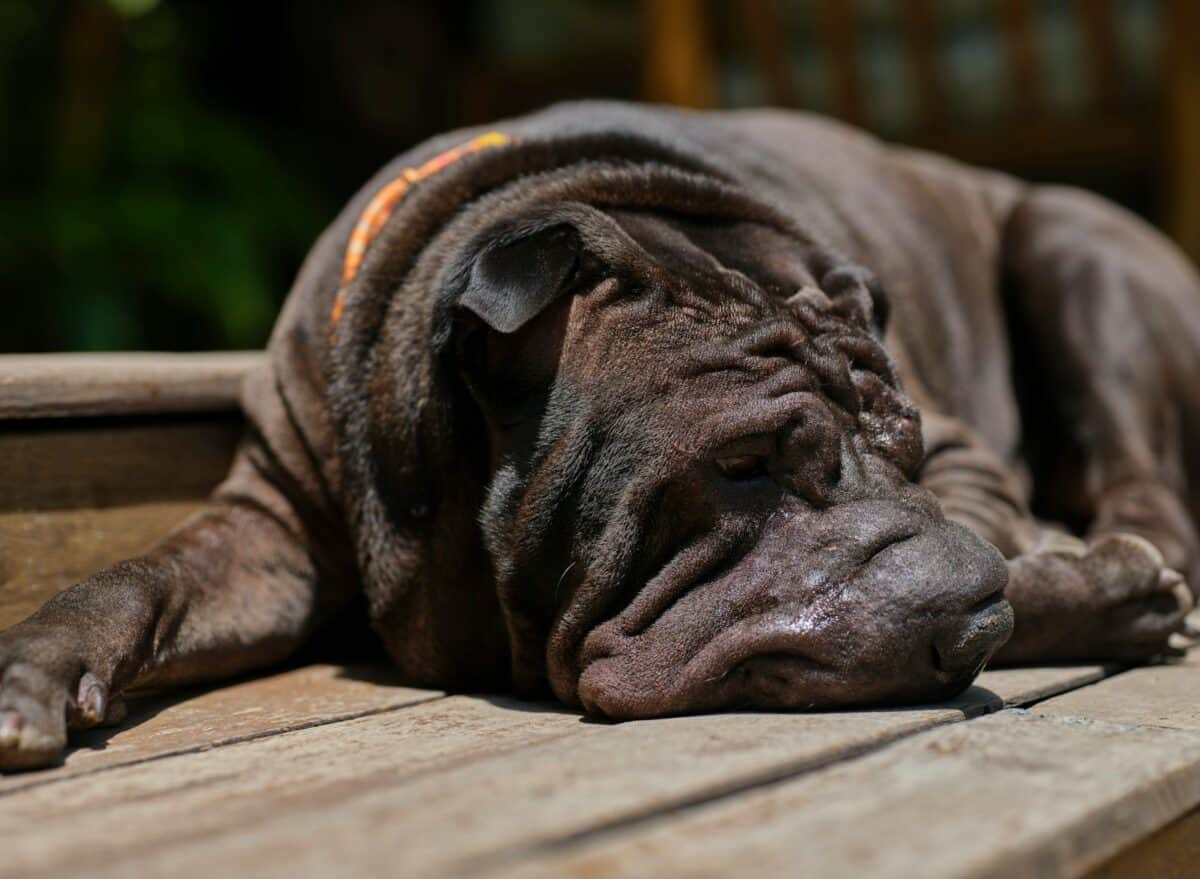
Shar Peis are territorial and may not welcome the unpredictable behavior of children. They require an experienced owner to manage potential aggression and skin problems, making them less ideal for first-time dog-owning families.
#13 Cane Corso
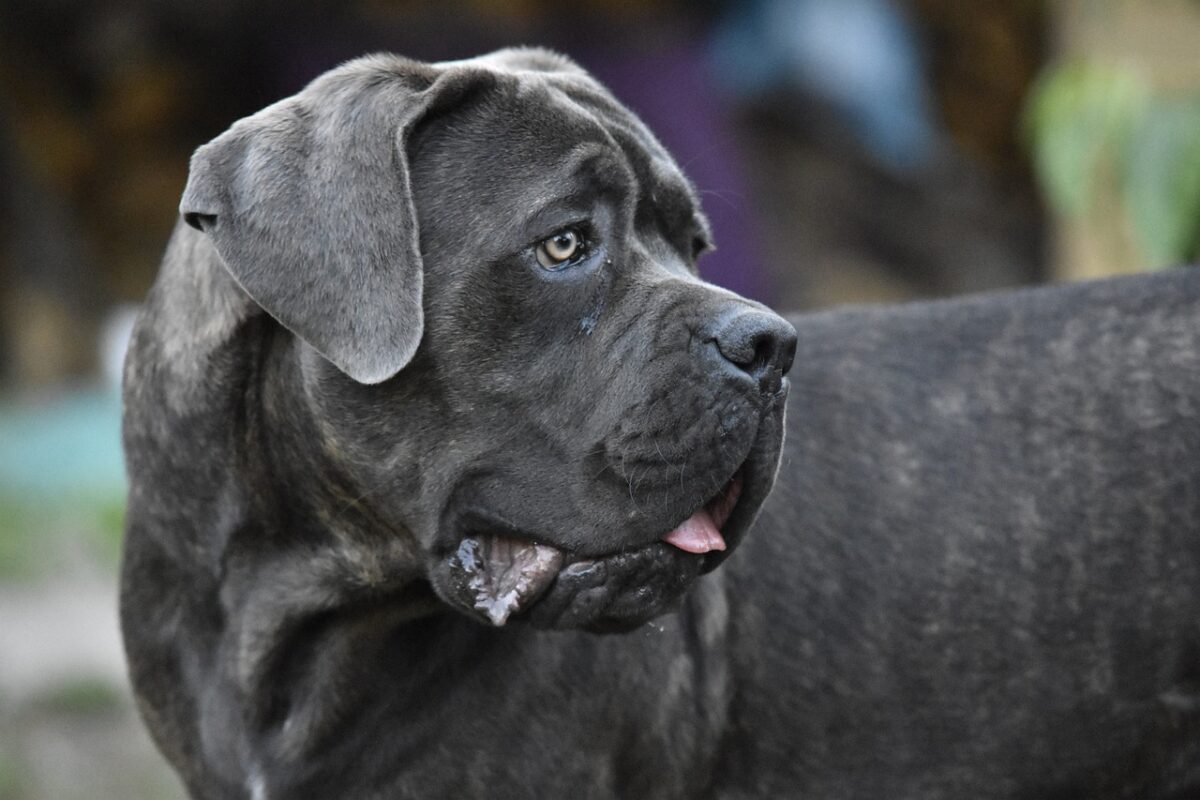
This breed’s size and protective nature demand an owner who can provide firm leadership and socialization. Without it, their guarding instincts can become problematic around children, requiring careful management.
#14 Presa Canario
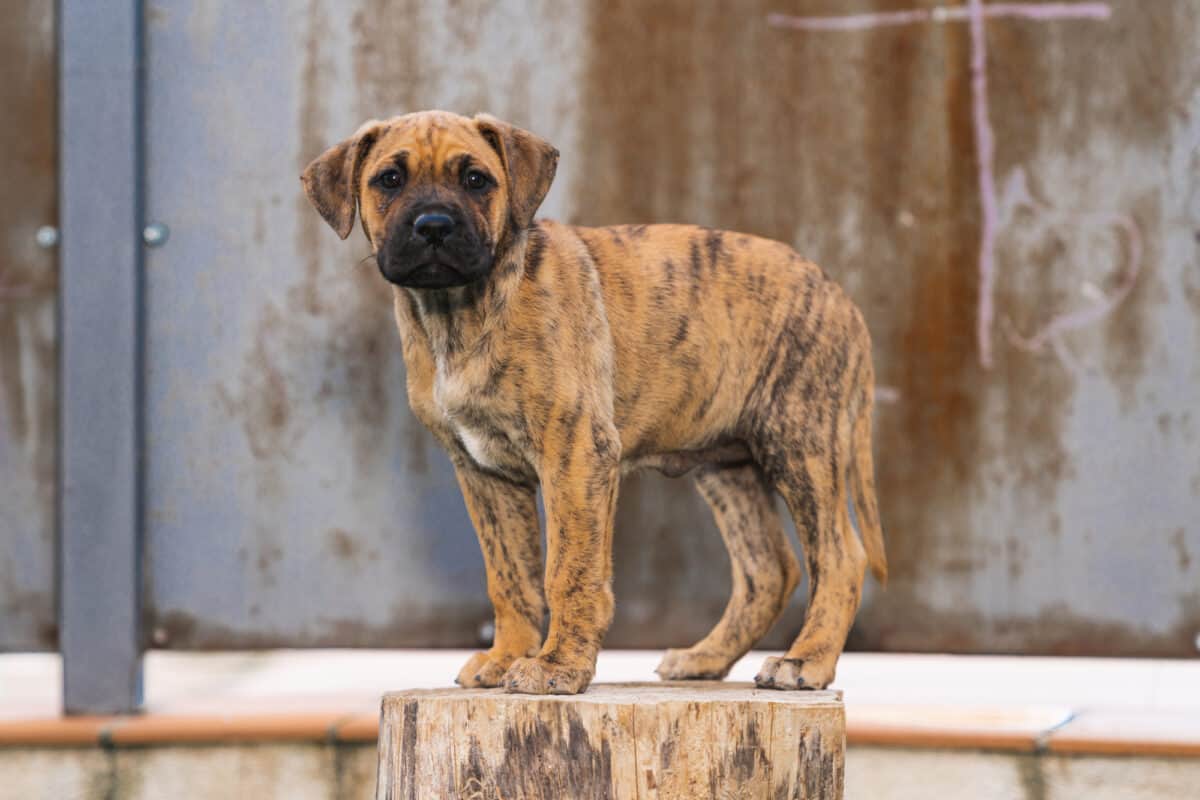
Presa Canarios are strong and have a guarding instinct, requiring an assertive owner to prevent dominance and aggression. Their size and strength make them a potential risk for families with small children.
#15 Bullmastiff
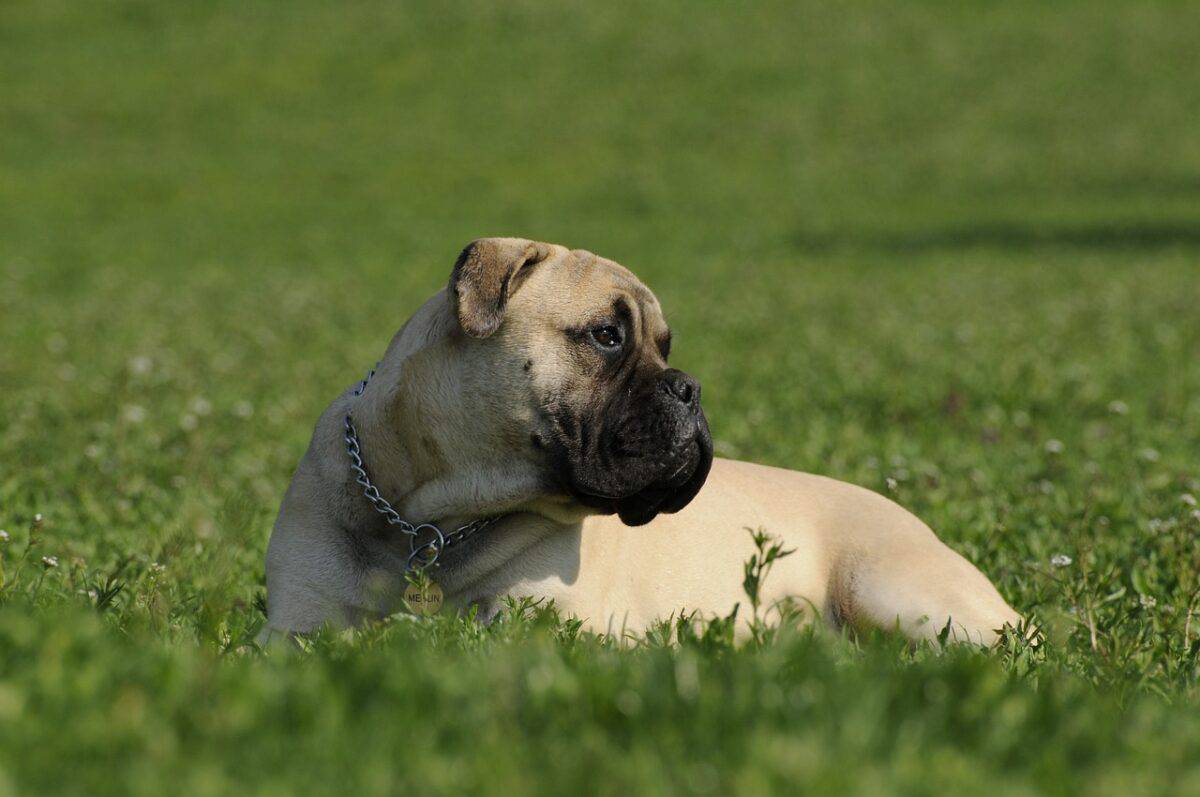
Gentle with family but protective, Bullmastiffs can accidentally injure small children due to their size. They need training to manage their guarding instincts, posing a challenge for less experienced owners.
#16 Belgian Malinois
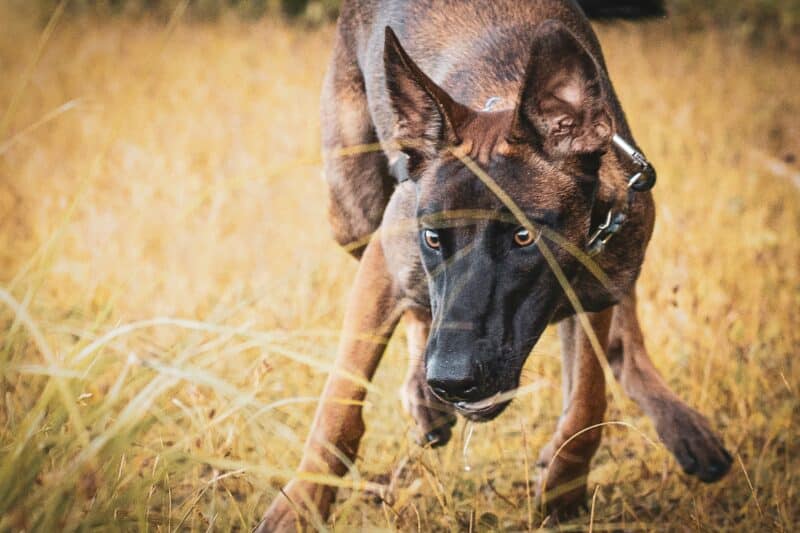
Highly energetic and intelligent, Belgian Malinois require constant activity and training, which can be overwhelming for families. Their protective nature needs expert handling to ensure they’re safe around children.
#17 Wolf Hybrid
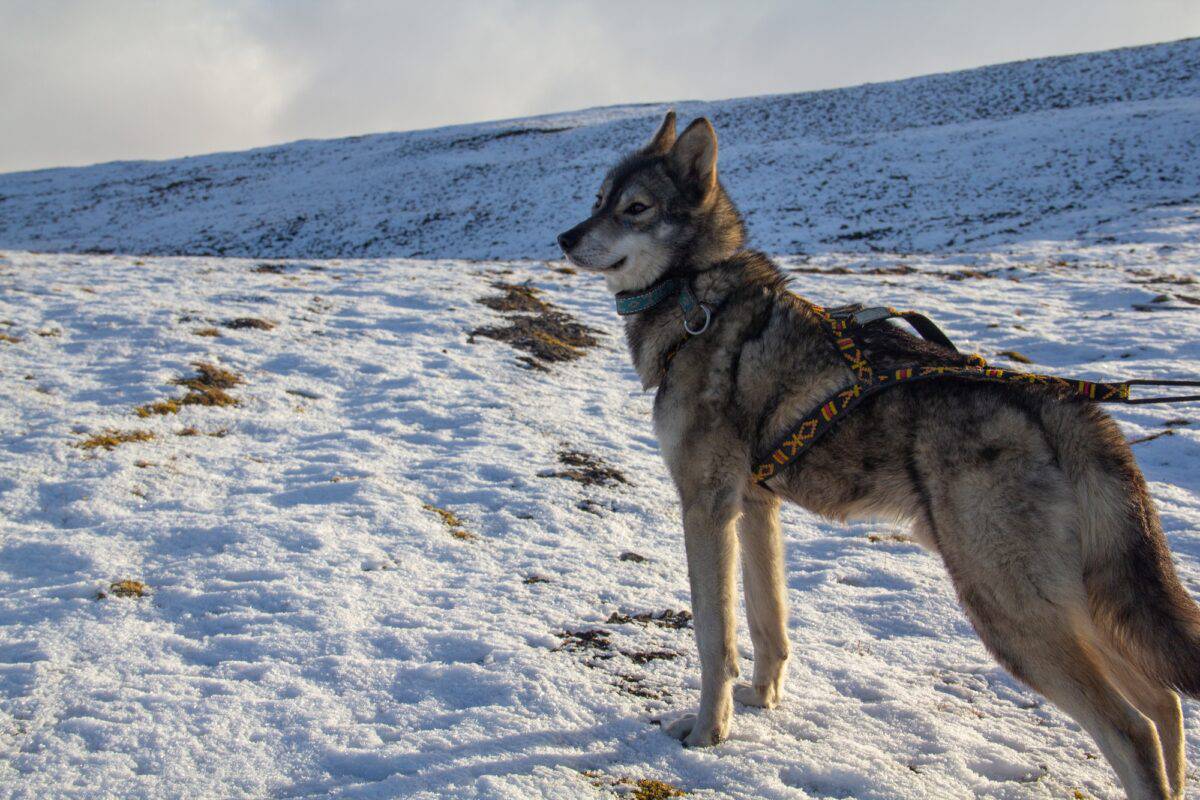
With unpredictable behavior and wild instincts, Wolf Hybrids are not suitable for families. They require specialized care and a knowledgeable owner, making them a poor choice for households with children.
#18 Tibetan Mastiff
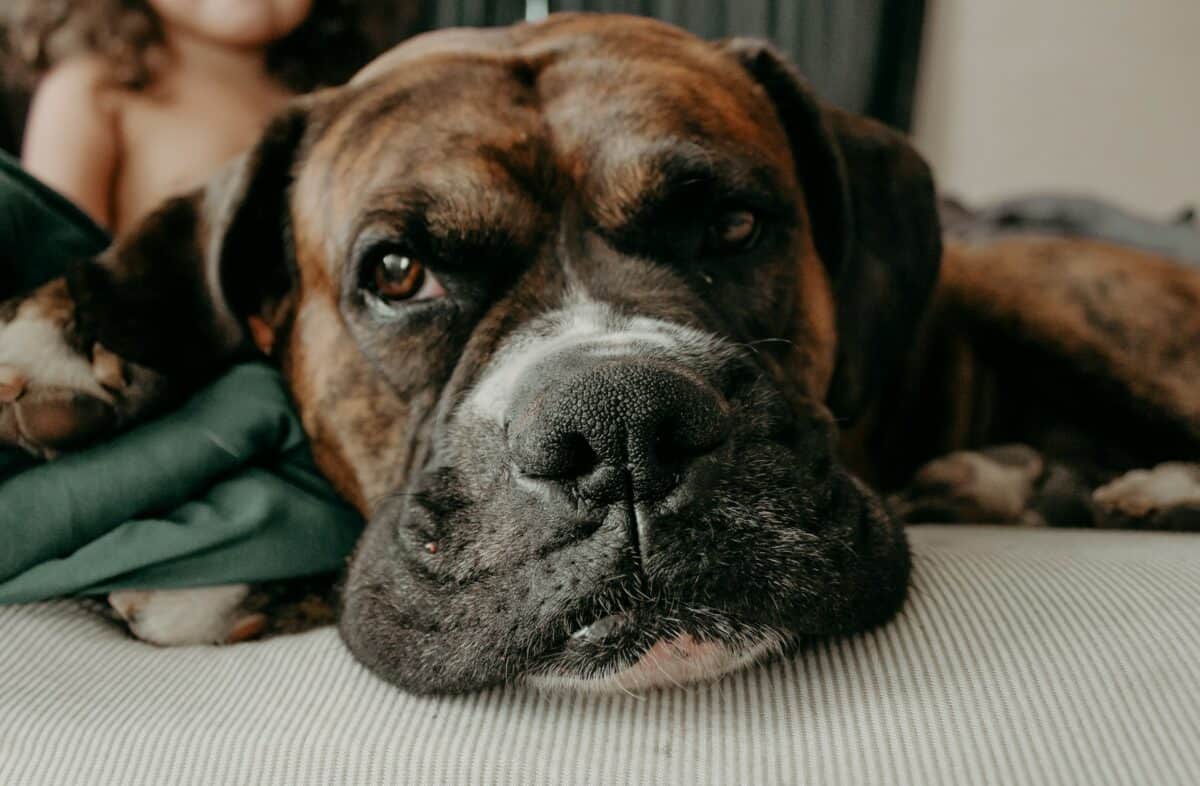
Protective and independent, Tibetan Mastiffs can be territorial and require an experienced owner to manage their size and guard dog instincts, making them challenging for family life with small kids.
#19 American Bulldog
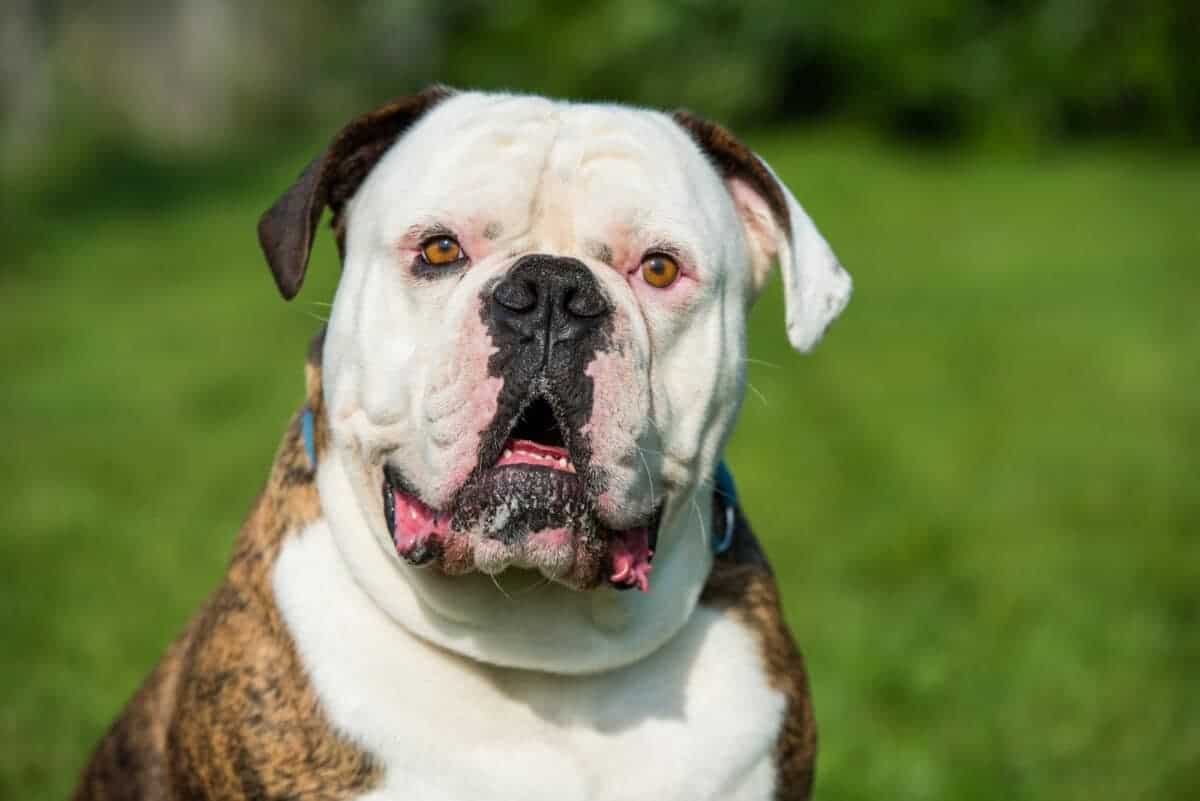
Energetic and strong, American Bulldogs can be too much for children to handle. They require early socialization and training to manage their strength and prey drive in a family environment.
#20 Jindo
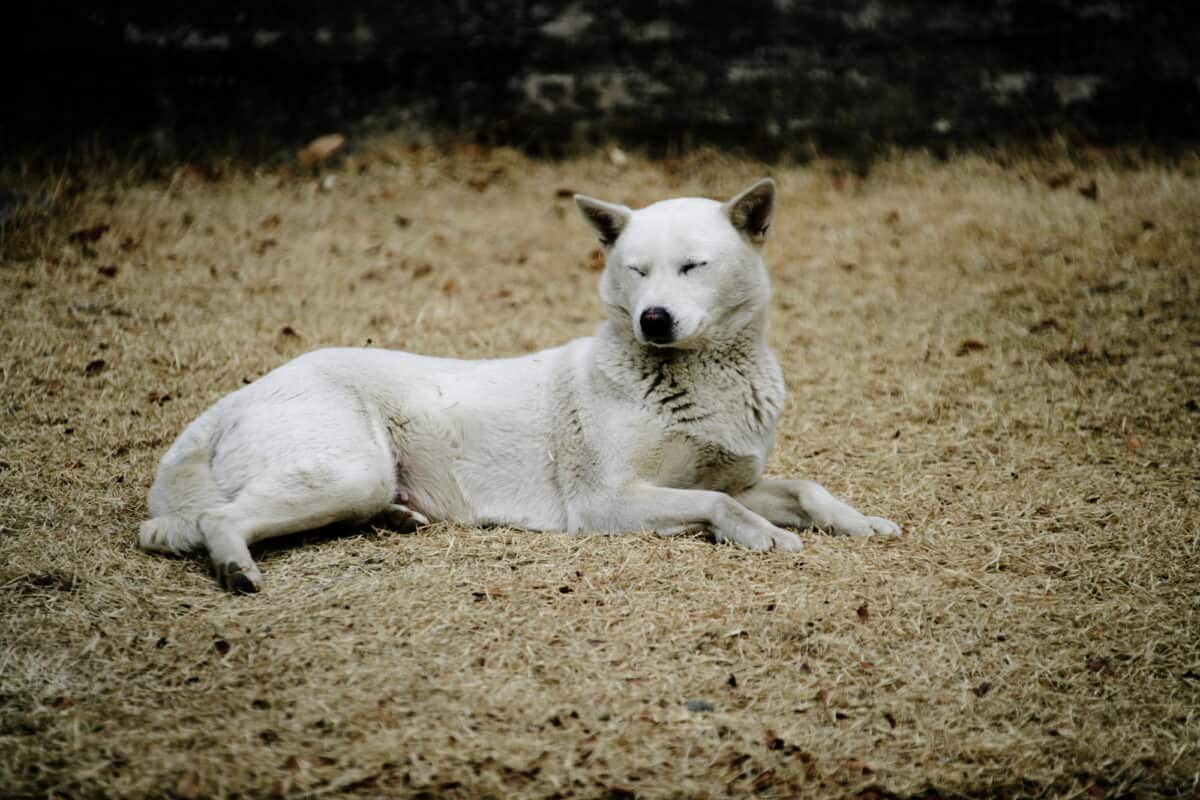
Loyal yet independent, Jindos may not tolerate unpredictable child behavior and require consistent training. Their strong prey drive and protective nature demand an experienced handler, making them less suited to family life.
#21 Basenji
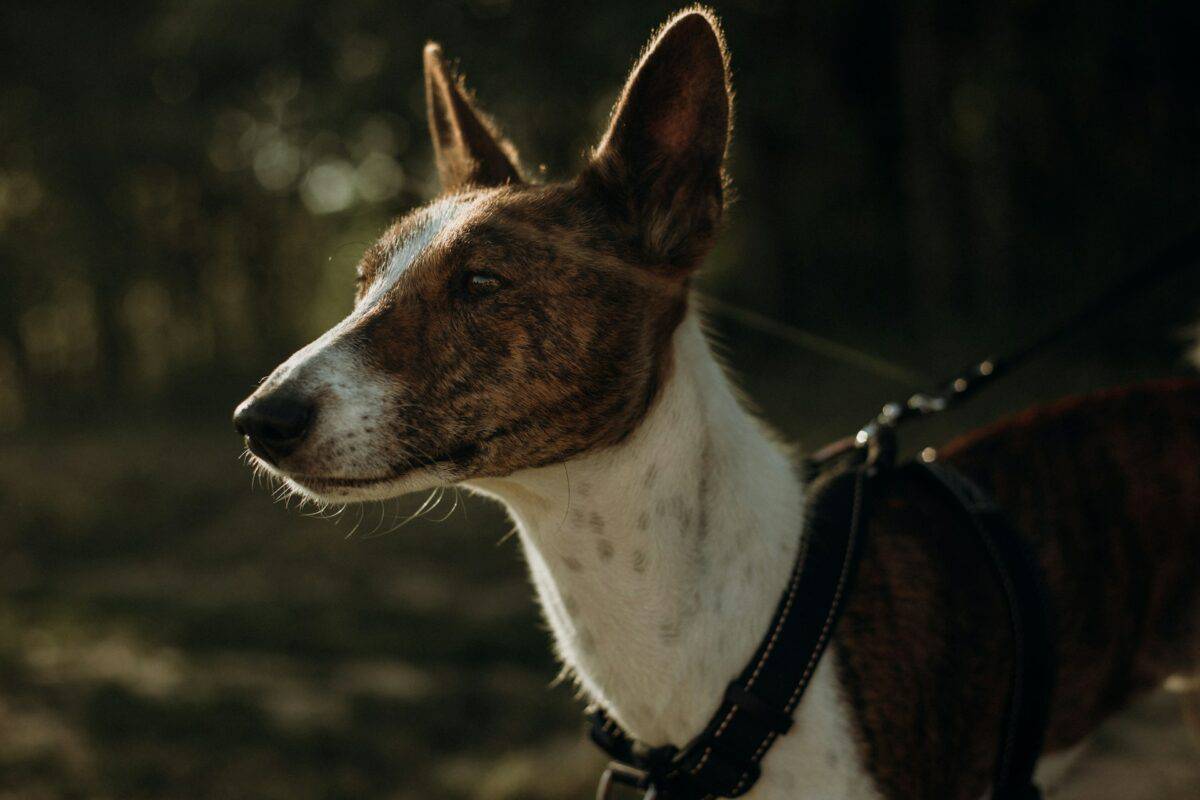
Independent and cat-like, Basenjis are challenging to train and may not engage well with children. Their high energy and prey drive need lots of exercises, making them a demanding pet for families.
#22 Saluki
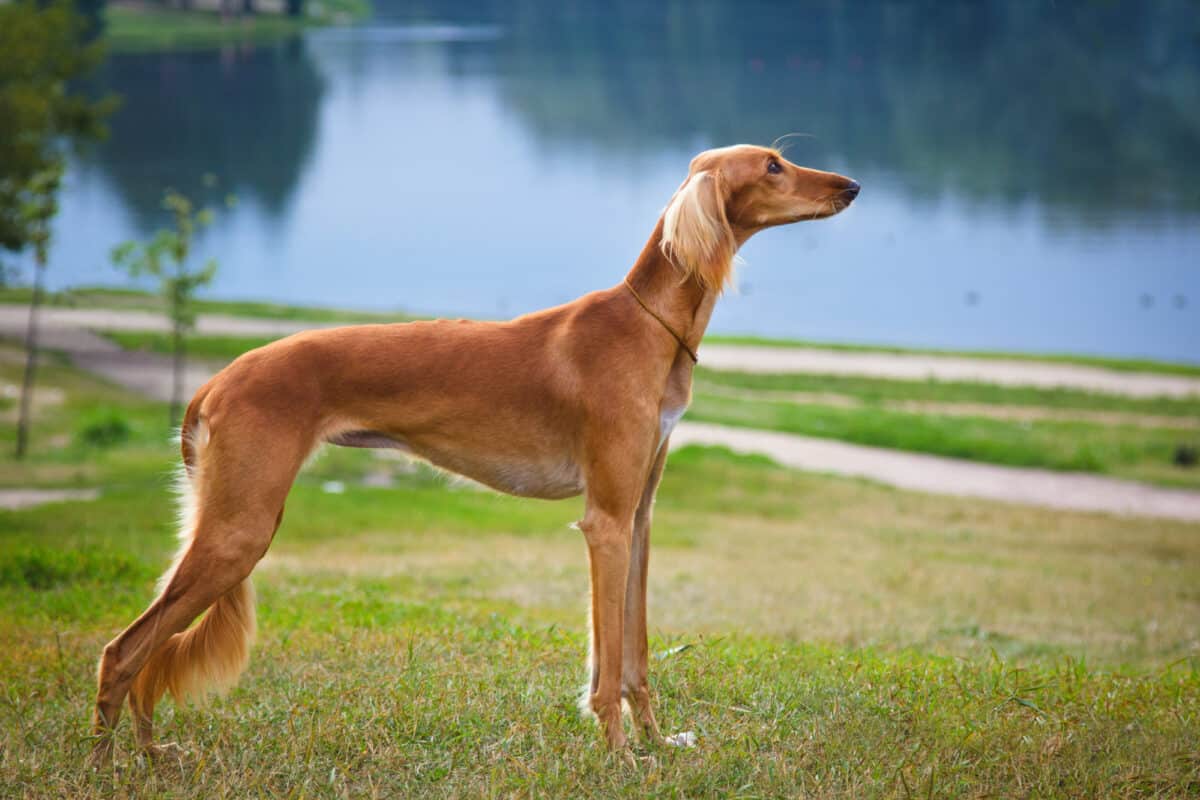
Graceful and sensitive, Salukis may find the noisy environment of a home with children stressful. Their chase instinct and need for a calm environment make them less suitable for active family homes.
Dog Breeds That You Should Not Get If You Have Kids: Wrapping Up
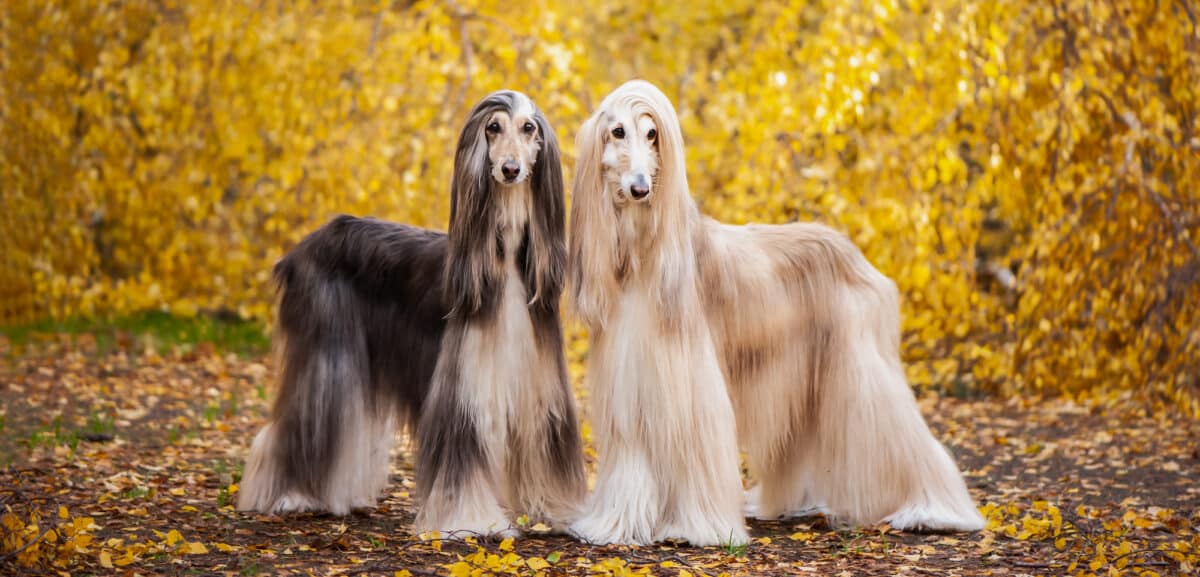
Hopefully, this extensive list has helped you on your way to finding the perfect dog for you and your family! Although these are dog breeds that you should not get if you have kids, it’s important to remember that there’s always exceptions and all doggos are unique. But perhaps above all – all dogs are worthy of mountains of unconditional love and cuddles.
Thank you for reading this article about dog breeds that you should not get if you have kids! For similar readings, take a look here:
- The Most Dog-Friendly States in the U.S.
- 16 Things New Yorkers Should Consider Before Getting a Dog
- The Largest Dog (Old English Mastiff) Ever Recorded
Join our Forum for free today!


